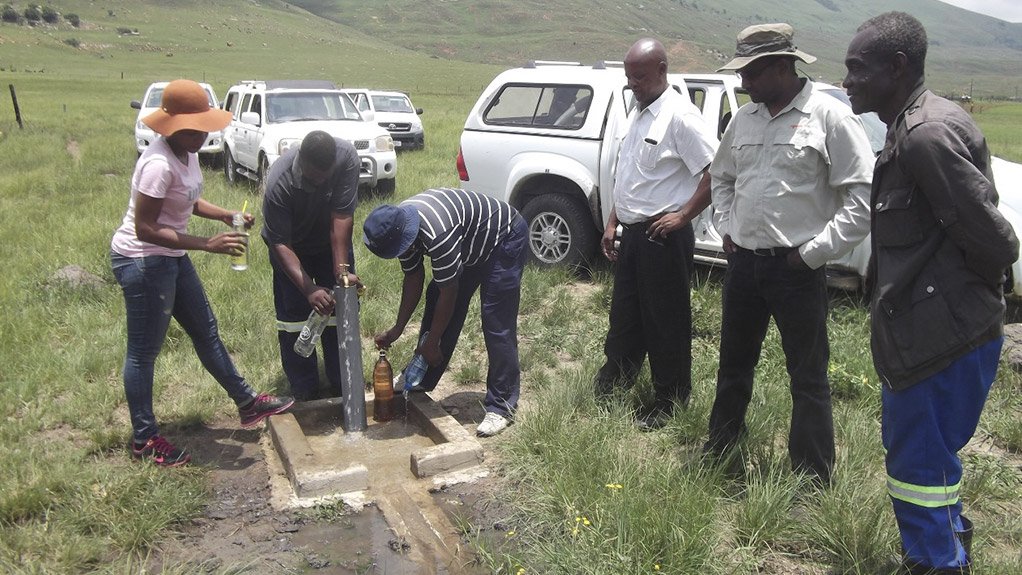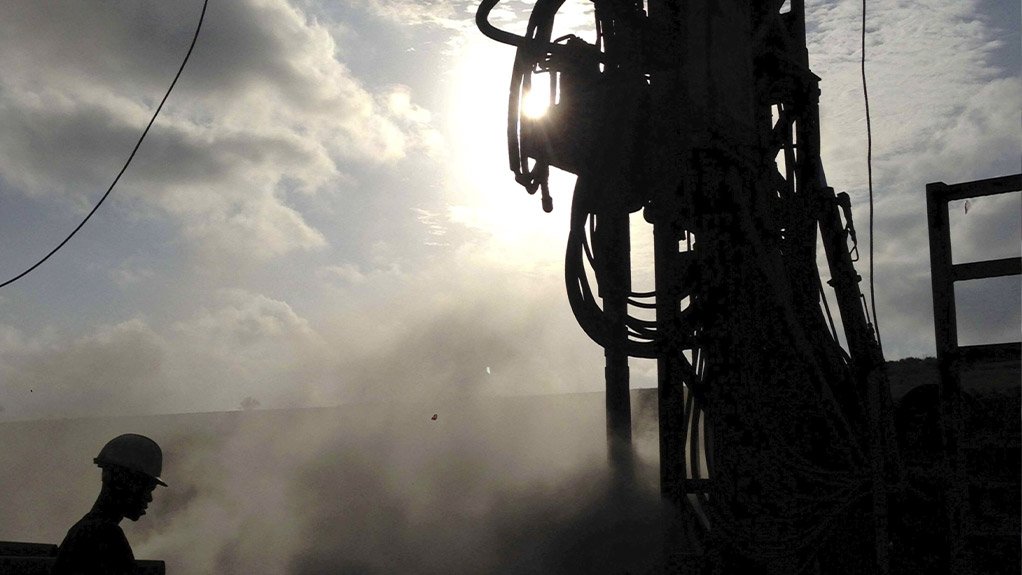
+27 11 441 1111
SRK House, 265 Oxford Road, Illovo, 2196, South Africa

Care for SA’s groundwater should be growing focus for Water Week
As South Africa celebrates National Water Week from 20-26 March this year, it is important to recognise the country’s growing reliance on groundwater – and how we must improve our management of this vital resource if it is to be sustainable.
Not many people are aware that South Africa’s surface water resources – mainly rivers, dams and lakes – make up just 3% of its available fresh water. The other 97% is contained in underground aquifers which are commonly accessed by boreholes. According to Eunice Goossens, principal hydrogeologist at SRK Consulting, these aquifer systems across the country are a vital water resource that feed many rural areas and towns.
“As our population grows and pushes up water demand, there has been a trend to drill more boreholes and pump from aquifers to increase water supply,” said Goossens. “However, this is a process that is often not carefully controlled and monitored – presenting significant risks and inefficiencies that we can ill afford.”
Complexity
She warns that the sourcing and management of groundwater is technically complex, and is also subject to stringent standards and regulations – many of which are still not observed. To be good stewards of the country’s groundwater, more users will need to learn from those organisations who are currently applying best practice.
“There are growing concerns about how groundwater is being exploited without due regard for the future,” she explained. “This is a finite resource which can be compromised by poor practices and lack of expertise.”
Among the problem areas is the employment of under-qualified contractors to drill and equip boreholes, without the necessary knowledge or professional supervision.
Quality engineering
“During my 25 years in the water sector, it is not uncommon to be requested to drill boreholes near a hilltop reservoir or close to an electricity pole – just to be closer to a storage or power point and to be more cost-efficient due to less intensive infrastructure needs,” she said. “This is not how groundwater should be approached, however, and only leads to short-lived boreholes, misspent budgets and potential damage to valuable aquifers.”
Goossens highlighted that strong engineering experience needs to be applied to borehole establishment and management, including the input of qualified hydrogeologists. Each of these projects demands a business plan to be developed by a registered engineer, using a desktop study by an experienced hydrogeologist.
“By understanding where the zones of higher groundwater potential occur, engineers can develop a preliminary design for pipeline infrastructure – which can then be more accurately costed for proposal and budgeting purposes,” she explained. “The professional supervision needs to cover not just the locating of the borehole, but also the need for correct construction of a borehole, with sufficient casing and the accurate testing of its capacity. This creates the basis of managing and maintaining the borehole responsibly.”
She pointed out, for instance, that it is not sufficient to measure only the ‘blow-yield’ once the drilling is complete. Rather, it is crucial to undertake a scientific pump test on the borehole – to ensure that testing is conducted to the standards demanded by the Department of Water and Sanitation (DWS).
“This process includes a calibration test, a stepped discharge test, a constant discharge test and a recovery test,” she said. “These tests allow an accurate assessment of water inflow into the borehole area, on which to base the pump’s specification and the pumping rate from the borehole.”
SRK Consulting senior hydrogeologist Lizette Goosen added that the initial pump testing is just a snapshot of the aquifer capacity, and longer term monitoring is still required. The data gathered over weeks, months and years is a necessary window into the aquifer’s health and performance.
“This information guides users on how they might need to adjust their usage over time to ensure the longevity of the borehole, and to protect the aquifer from permanent damage,” she said.
Goossens explained that over-pumping can dewater the fracture network where the water occurs in the aquifer; without the pressure of the water in the fractures, they can collapse permanently – leading to the loss of groundwater storage capacity.
Like all engineered installations, boreholes and their infrastructure need ongoing care and maintenance. Goosen pointed out that the beneficiaries of these systems – who may be communities, schools or clinics – need to be firmly engaged in the planning, installation and running of the equipment.
“Community liaison needs to be a vital part of the project business plan and its execution, or there is a risk that equipment will not last and the expenditure on the project will not achieve its goals,” said Goosen. “This is especially important where local community expectations are high, and where there may not yet be equal access to water in adjacent villages or communities.”
She also emphasised that borehole users should embrace the government’s efforts to monitor groundwater usage, by registering on the National Groundwater Archive – which can be found on the DWS website.










